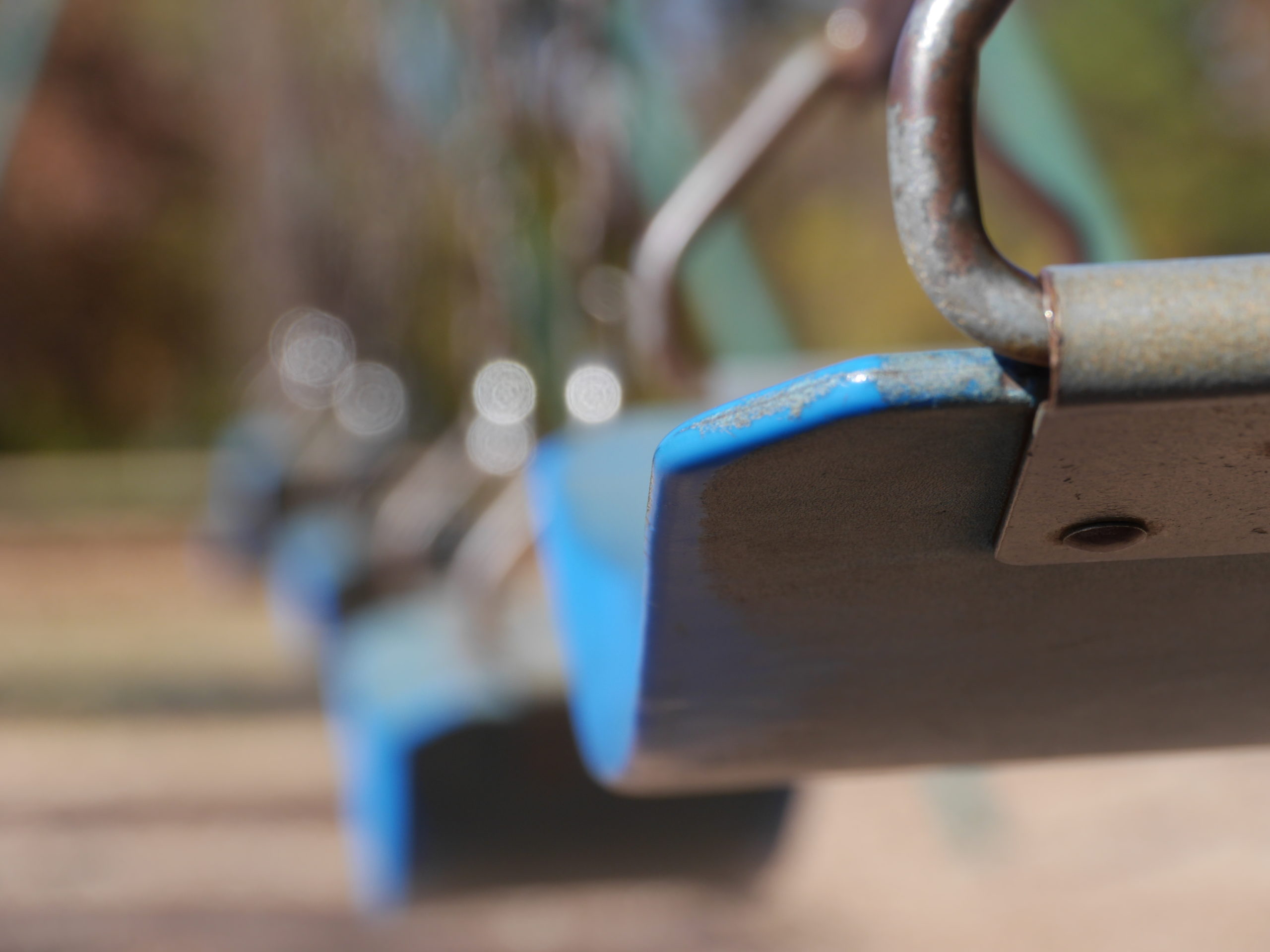I was watching the morning news last week and was struck by an interview with psychiatrist Erica Komisar, author of “Being There: Why Prioritizing Motherhood in the First Three Years Matters.” Dr. Komisar argued that women should not work but should instead be home with their children for the first three years of their lives. Why? Because, she argues, anxiety and depression rates in children, as she has seen in her practice, have skyrocketed among today’s kids.
Arguing that women should stay home with their children until they are 3 years old is quite an honorable thing to do, but honestly, all I could think was that she has her job for fun, not, like so many, because her family needs the income. Additionally, under her theory, having one child equals three years out of the income earning job market, so what the heck happens if you have more than one child, as many do? How many years out of the workforce is that?
That kind of a myopic view of the world is disappointing from someone in her field. Many women have to work to help support their families, or because someone in the family needs a job that provides health insurance, or some other benefit the partner’s job doesn’t meet. It isn’t the 50’s anymore.
Women should not be made to feel guilty for the role they play in their children’s lives, no matter what that role is. Almost every mother, even the ones society deems “bad mothers,” deep down only want the best for their children. But staying at home is often not an option.
So why does Dr. Komisar make us feel guilty for working? Possibly because she doesn’t recognize that there is something else missing in children’s lives today — and it is not necessarily time spent with mothers.
According to this report, anthropologists have studied isolated, hunter, gatherer cultures and found that children in those cultures, very young children to older teenage children, are left alone all day, with no adult supervision, intervention or direction. The researchers found that these children, when interviewed, were the most well-adjusted children they had researched in their careers. When the parents were asked why they left their children alone, they argued it makes them more prepared for adulthood.
Hmmmm, historically, that is what we were — hunter gatherer cultures. Yet we have morphed into helicopter parents who manage every aspect of our kids’ lives. And this psychiatrist argues we need to be more involved?
Yes, anxiety and depression are about eight times higher than they were in the 50’s. But let’s consider another reason why that may be: children do not have one lick of time in free play — the kind that has no adult supervision, direction or intervention. In other words, they have zero opportunity to develop an internal sense of control, one that we all had as children because we were in absolute control of our free play.
When I was a kid, we came home from school, did homework, if there was any, and were sent outside to play. We were not allowed back in unless someone lost an appendage. We rode our horses (bikes) around the block, we were astronauts abandoning our crippled spaceships (swings), we played kick the can, we built forts in the bushes, made pies and “ate” them with stick forks, we played dodgeball, made friends with the Sexton at the nearby church who left us candy in secret places and allowed us to explore the campus at will.
We made the rules, we fixed the problems, we took turns being the decision maker on our adventures. We taught the younger kids where the best hiding places were, how which neighbor’s garden hose had the best tasting water and which trees had the best climbing branches. On one hand we teased the younger children mercilessly and on the other we protected them fiercely. And what did this do for us? It built our internal sense of control that allowed us to learn our limits and strengths. It allowed us to push both. It taught us empathy and leadership. We learned by trial and error and from interpreting cues from our playmates.
This is a lost art today.
And it is having an impact on our children. I would argue that our problem today is not lack of mothering, it is too much mothering. We are sending children into elementary school who have never gotten hurt far from home and had to figure out what to do with their friends as their only helpers. They have never played foursquare, dodgeball or kick the can and negotiated on questionable rules and outcomes. They haven’t made appropriately risky choices and learned what it feels like to conquer a challenge and be successful.
We have done them a disservice by not allowing them free, play where we, the adults, have no control. We need to turn childhood back over to the children and get out of it. We had our time. It is their turn now.
